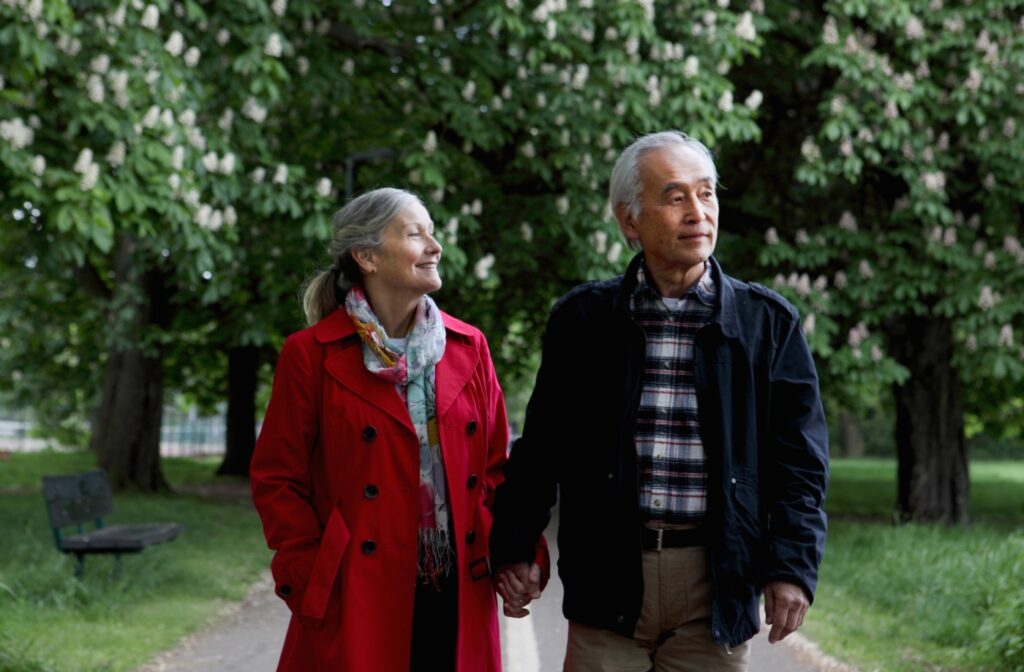
Q. You’ve written about ageism and age discrimination in several of your columns. What are we learning? I am a 70-year-old woman and have a vested interest in the topic. S.D.
A. Your question is very timely. Becca Levy, psychologist, epidemiologist and professor at the Yale School of Public Health recently wrote the book “Breaking the Age Code: How Your Beliefs About Aging Determine How Long & Well You Live” (William Morrow, 2022). Levy presents compelling evidence that ageism and age discrimination do more than just hurt your feelings.
Take the following true-false quiz and be ready for some surprises, based on Levy’s research.
1. Senior moments specifically have to do with “seniors” and “old age”
False. The term first appeared in print in 1997 when a columnist quoted an older vacationing banker who forgot the score of his ongoing tennis match and said he had a “senior moment.” That was the beginning; the words have become part of our working vocabulary. According to Levy, brief memory lapses are not just for older folks; they occur at any age. And with age, there is great variability in how each person’s brain functions. Fortunately, the brain compensates for lapses by forming new neural connections. Think of a senior moment as the time older adults transfer information to younger folks as part of tradition and legacy. That’s truly a senior moment!
2. How you view aging affects your memory
True. Here is one of Levy’s experiments. Researchers primed older participants facing a screen with both positive and negative words associated with aging. Examples of positive words were “wise,” “alert” and “learned.” Negative words were “Alzheimer’s,” “senile” and “confused.” Participants had their memory tested before and after these sessions. Those exposed to the positive words for just 10 minutes improved their memory performance while those exposed to the negative words for the same amount of time saw a decline. One more study to make the point. Levy looked at data from the Baltimore Longitudinal Study of Aging that began in 1958. People who had positive beliefs about aging at the beginning of the study did better on memory tests by 30 percent compared to those with negative beliefs.
3. Beliefs about aging affect physical performance
True. Levy randomly assigned participants to a group who were exposed to either positive age-related words or negative words. Those exposed to positive words for 10 minutes immediately showed faster walking speeds and balance compared to those exposed to negative words. In another survey, Levy found that over an 18-year period, again, those with positive age-related beliefs had much better functional health which refers to everything responsible for your physical ability to move.
4. Beliefs about aging have limited effect on recovery from injuries
False. Levy asked about 600 participants to name the first five words they thought of when thinking about an older person. Some were positive; others were negative. Over a period of 10 years, she and her team checked in monthly to determine if the individuals experienced any new injuries or illnesses and if so, did they partially or fully recover? By now you might guess the results. Those who began the study with positive age beliefs were significantly more likely to recover from injuries over the next 10 years. Furthermore, they had a 44 percent greater likelihood of complete recovery from severe disability.
5. Beliefs about aging have minimal impact on longevity
False. Researchers asked residents from a small Ohio town who were age 50 and older this question: “Do you agree or disagree that as you get older you are less useful?” Levy tracked these folks from middle age forward. The results: Those with the most positive views of aging were living, on average, seven and a half years longer than those with negative views. These positive age beliefs added almost eight years to their lives which was a greater advantage than having low cholesterol and blood pressure, low body mass index or avoiding smoking. These findings have been replicated in 10 countries.
There is so much more. For example, older people with positive views of aging perform better on hearing tests and are less likely to develop psychiatric illnesses like anxiety, depression, post-traumatic stress disorder and suicidal thoughts.
Levy and others have clearly demonstrated that our attitudes and beliefs about aging indeed affect our longevity and how we function both mentally and physically. Note, we all are stakeholders and never will have control. What we do have is influence over how long we will live and how well we will age.
Thank you, S.D., for your important question. Stay well everyone and remember kindness is everything.
Helen Dennis is a nationally recognized leader on issues of aging and the new retirement with academic, corporate and nonprofit experience. Contact Helen with your questions and comments at Helendenn@gmail.com. Visit Helen at HelenMdennis.com and follow her on facebook.com/SuccessfulAgingCommunity
